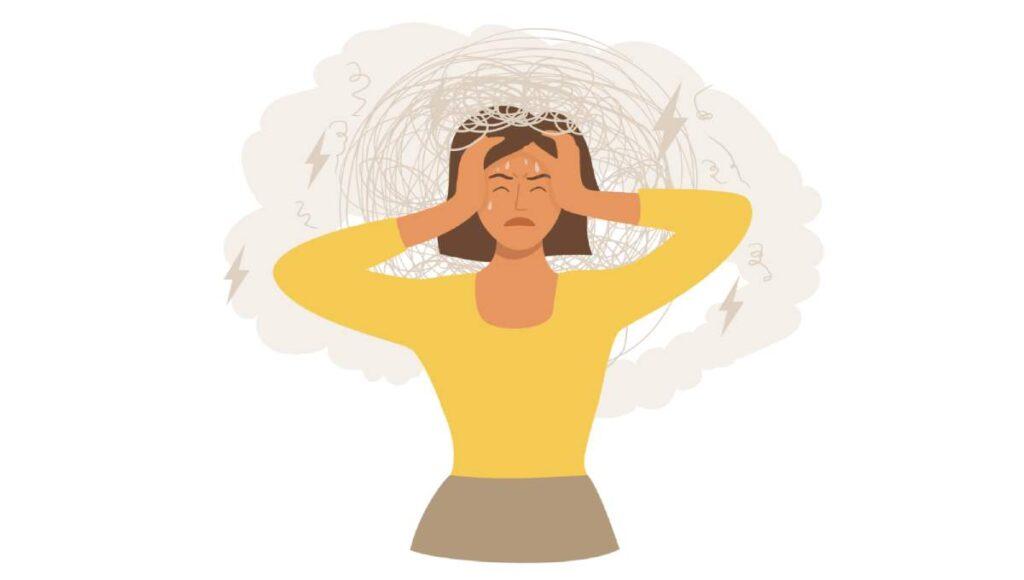The intricate interplay between stress and autoimmune disorders has garnered increasing attention in the field of medicine and psychology. While stress is a natural response to challenging situations, prolonged or chronic stress can have detrimental effects on the immune system, potentially triggering or exacerbating autoimmune conditions. Understanding this relationship is crucial for devising effective prevention and management strategies. In this article, we delve into the complex connection between stress and autoimmune disorders and explore evidence-based approaches to mitigate their impact.
The Stress-Autoimmune Connection:
The human body’s response to stress involves the activation of the hypothalamic-pituitary-adrenal (HPA) axis and the release of stress hormones such as cortisol and adrenaline. While these hormones are essential for mobilizing resources to cope with stressors, chronic activation of the stress response can dysregulate immune function.
Research suggests that chronic stress can lead to immune system dysfunction, including alterations in the production of pro-inflammatory cytokines and the dysregulation of immune cells such as T cells and B cells. These immune system changes may contribute to the development or exacerbation of autoimmune disorders, where the immune system mistakenly attacks healthy tissues.
Common autoimmune disorders associated with stress include rheumatoid arthritis, psoriasis, lupus, multiple sclerosis, and inflammatory bowel disease. While stress alone may not directly cause these conditions, it can act as a trigger or exacerbating factor in susceptible individuals.
Prevention Strategies:
Preventing and managing stress is paramount for reducing the risk of autoimmune disorders and mitigating their impact on affected individuals. Here are some evidence-based strategies to consider:
- Stress Management Techniques: Incorporate stress-reducing practices such as mindfulness meditation, deep breathing exercises, yoga, and progressive muscle relaxation into daily routines. These techniques can help promote relaxation, reduce physiological arousal, and restore balance to the nervous system.
- Regular Exercise: Engage in regular physical activity, as it has been shown to have beneficial effects on both stress levels and immune function. Aim for a combination of aerobic exercise, strength training, and flexibility exercises to reap the full benefits of physical activity.
- Healthy Lifestyle Habits: Adopting a healthy lifestyle can bolster resilience to stress and support optimal immune function. This includes maintaining a balanced diet rich in fruits, vegetables, whole grains, and lean proteins, prioritizing adequate sleep, staying hydrated, and limiting the consumption of alcohol and caffeine.
- Social Support Networks: Cultivate strong social support networks by fostering meaningful relationships with friends, family members, and peers. Connecting with others, sharing experiences, and seeking support during challenging times can buffer the effects of stress and promote emotional well-being.
- Seeking Professional Help: If stress becomes overwhelming or chronic, seek assistance from a qualified healthcare professional, therapist, or counselor. Cognitive-behavioral therapy (CBT), mindfulness-based stress reduction (MBSR), and other evidence-based psychotherapeutic approaches can be effective in managing stress and improving coping skills.



